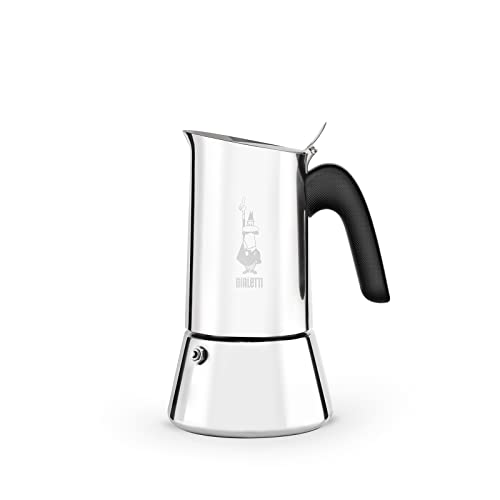How Pressure Affects the Taste of Espresso
Espresso, a concentrated form of coffee and a beloved hallmark of Italian culture, has gained a lot of fans globally. Making the perfect espresso, however, is not easy, and is influenced by many factors, including the pressure used during brewing. In this article, we will examine how pressure affects the taste of espresso, from the mechanics of its brew process to the sensory experience it creates.
The Role of Pressure in Espresso Brewing
Simply put, pressure is one of the essential aspects of brewing espresso. After grinding the coffee beans, they are placed in a portafilter, a metal basket with small holes at the bottom. Next, the portafilter is locked into the espresso machine, which heats water and pumps it under high pressure through the coffee grounds, extracting their flavor and creating the drink we know as espresso. The ideal pressure used for this process often ranges from 8-10 bars (116-145 psi).
The Impact of Pressure on Espresso Taste
Understanding how pressure affects espresso taste can be challenging since many variables, such as bean type, roast level, and water quality, can alter the resulting flavor. Nonetheless, the pressure can have both positive and negative impacts on the taste of the finished drink.
For example, a high-pressure brew can extract a higher percentage of the coffee’s soluble compounds, resulting in more body, sweetness, and crema. Adequate pressure can also produce a more balanced, complex flavor, and aroma, as long as the extraction time is controlled carefully.
What Happens with Lower Pressure?
Lower pressure will make espresso extraction less efficient, and the resulting flavor profile can become more sour or acidic as a result. The other key component of a perfect espresso, though, is pressure consistency, which is why espresso machines include sophisticated pumps to ensure that every cup is brewed at the correct pressure and with a consistent quality of coffee.
High-pressure brewing is a defining characteristic of the espresso-making process, and it significantly impacts the flavor of the resulting drink. By balancing pressure, extraction time, coffee-to-water ratio, and other critical variables, skilled baristas can craft the perfect espresso, appreciated by coffee enthusiasts worldwide.






